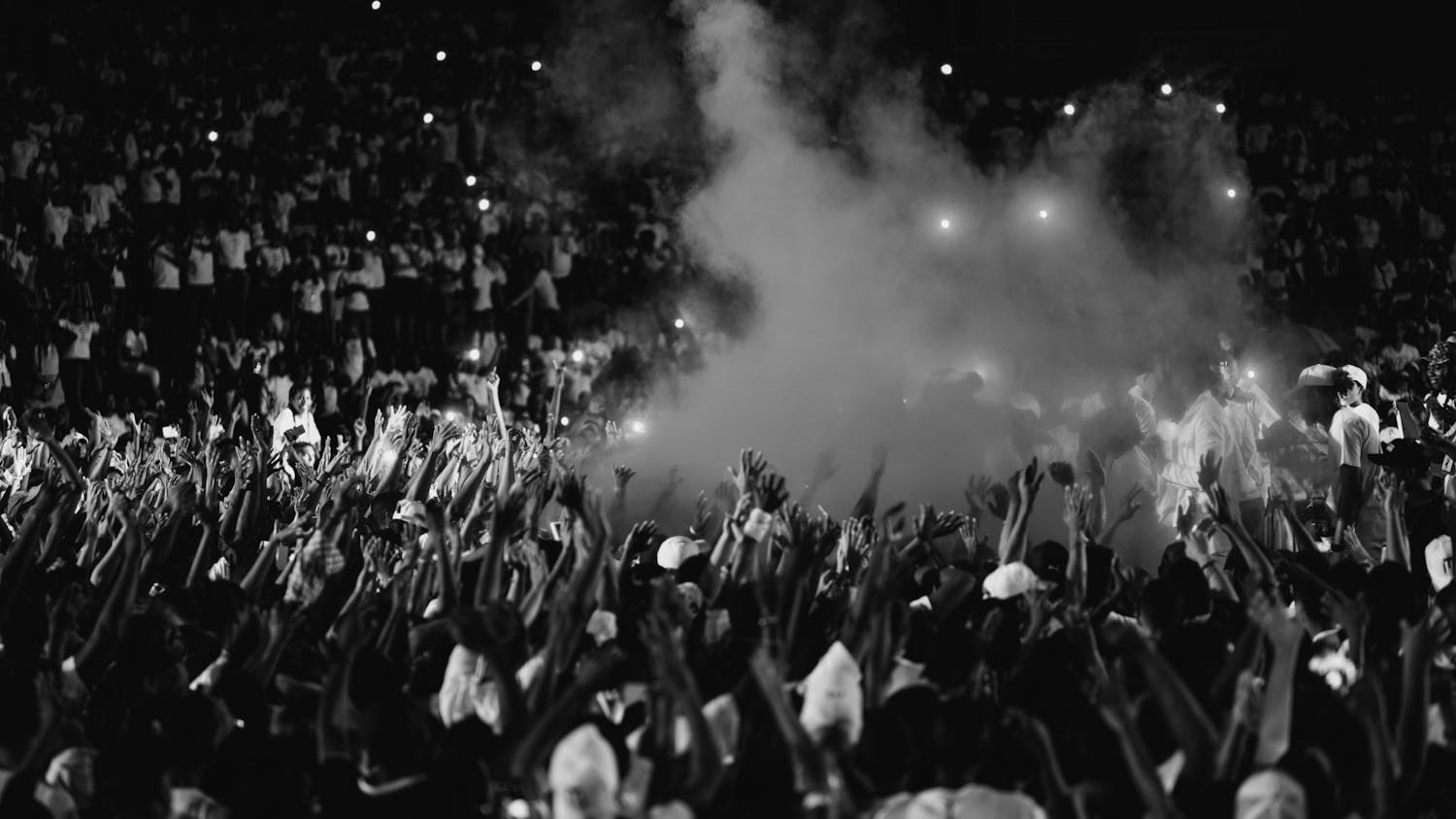Student Services columnist
I am part of a large family. My parents had lots of siblings and their parents had even more siblings.
Growing up in a small town meant that almost everyone was an aunt, uncle or cousin. In fact, cousins were distinguished as first, second or third cousins, etc. In some cases, I was related to some people twice (not because of incest). For example, my Mom’s uncle was married to my Dad’s first cousin, so their kids were my second and third cousins at the same time. Or my Mom’s cousin was married to my Dad’s cousin. I knew who and how everyone was related to me.
Birth order was very important. My grandfather would preface his brothers’ or sisters’ names with whether they were older or younger than he was. For example, he would call his oldest brother, “M° hermano mayor, Manuel.” Then there were differences between the oldest son and the oldest daughter, and the expectations parents had for them versus the younger children. His oldest brother inherited the most valuable piece of property. His youngest sister didn’t inherit anything, but was married to someone that could provide for her.
Coming from a large family with a complex web of relatives meant that my identity was that of a seventh child of a first-born son and a first-born daughter. Going to various functions, I was not simply Laura, but rather someone’s daughter, granddaughter or younger sister.
As a teen, I wanted to be me, not somebody’s something. It irritated me that teachers would assume that I’d be like my older sisters, or that older relatives would identify me as my father’s daughter and not call me by my name. I thought I wasn’t valued as an individual, because it seemed to me that I was some faceless, nameless person in a group. It was wonderful moving to a large city, because I, and not my family, formed my identity.
A couple of weeks ago, a student talked about having to establish an identity when she moved to a large city. Her experience was opposite from mine, though. Being linked to family was a source of stability and strength. It affirmed who she was, so coming to a place where she was unknown was disconcerting. She comes from a culture where family and community are central to society, and where the individual is incomplete without the group.
Last week, I attended a family function. As I shook family members’ hands and was identified as my father’s daughter, the student’s voice echoed in my mind. I realized that all along I was resisting a sub-cultural value to be collective and interdependent, so I could assimilate into an individualistic American culture. Last week, I realized that it was important and good to be someone’s family member. My profession and where I lived were inconsequential; no one asked me where I worked or what I was doing.
We were all at this function because of our family relationship, and that was all that mattered. It took me 38 years to realize something my grandparents knew all along — that it is better to be linked to family than to stand alone.
Get content from The Daily Lobo delivered to your inbox





